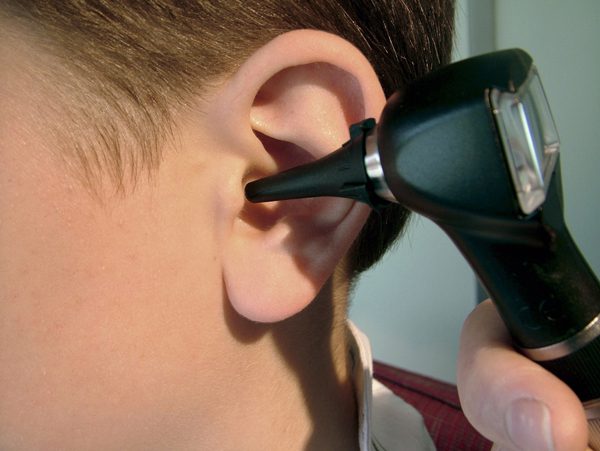Understanding the Psychology of Hearing Loss Denial
Adapting to changes in hearing can take time, and it’s not uncommon for


Adapting to changes in hearing can take time, and it’s not uncommon for

Ever felt uncertain about your hearing care plan? Perhaps you have

Your hobbies, like playing a musical instrument, gardening or swimming,